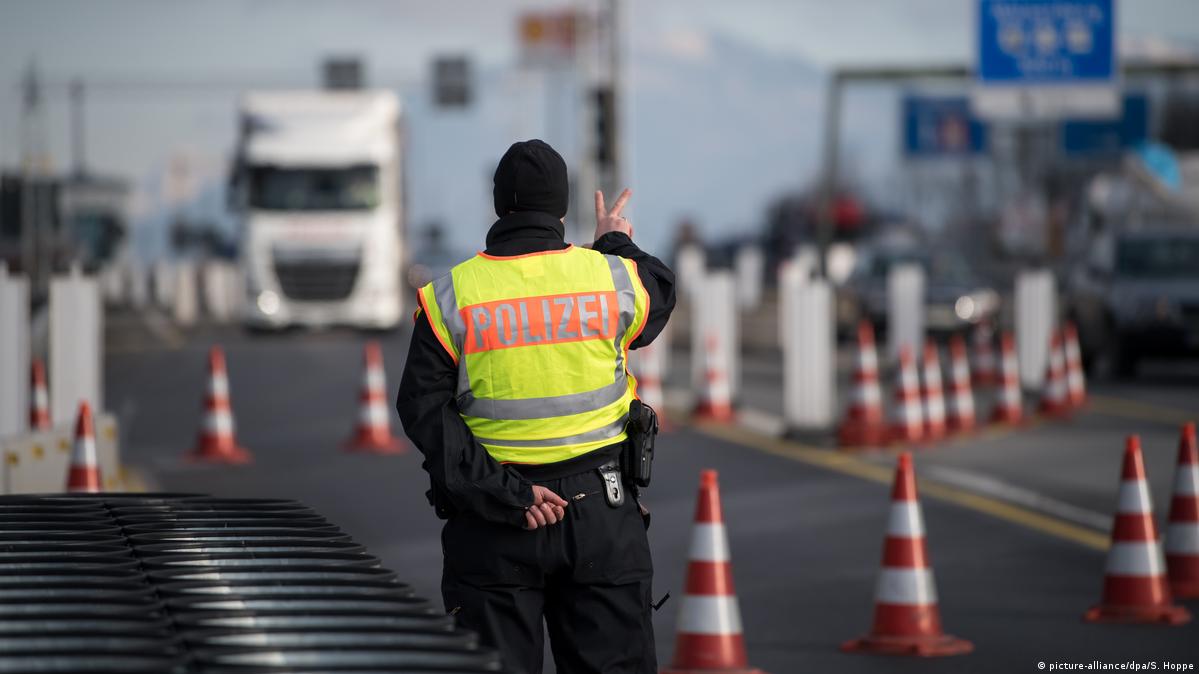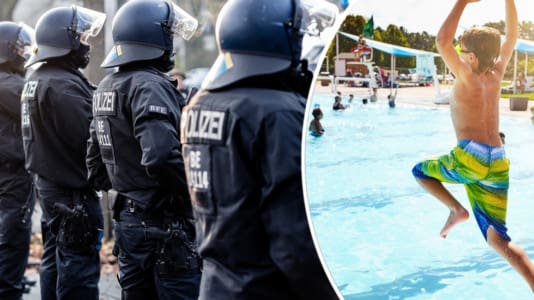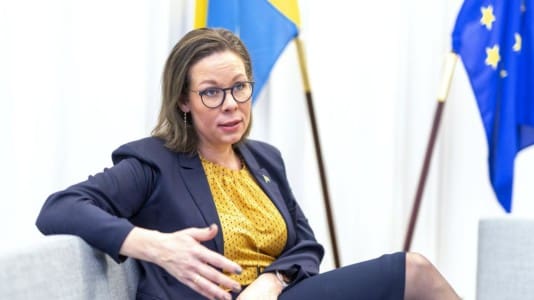Bavarian border police will be ramping up the frequency of random checks along the German state’s border with both Austria and Czechia in a bid to tackle a rise in illegal immigration facilitated by smuggling gangs.
The increased level of security will occur from August, Bavaria’s Interior Minister Joachim Herrmann announced on Friday, adding that up to 50 more law enforcement officers will be deployed at the border every day.
“In August 2023, the Bavarian State Police will expand the support of the Bavarian Border Police with additional units, primarily for covert random checks,” Herrmann said.
“We will place the main emphasis on the fight against illegal migration and smugglers. Because of this, the Bavarian border police closely cooperates with the federal police, who also carry out checks in the border area,” he added.
One of the main migratory routes from Europe’s external border to Germany runs through Czechia, along which a large number of migrants without the necessary documentation pass through the country to affluent European nations in the north and the west.
Because of this, the German states of Brandenburg and Saxony demanded the temporary restoration of permanent border controls with the Czech Republic and Poland, along the lines of those that have been carried out on the border with Austria since 2015.
However, these controls do not exist along the entire border with Austria, but only at selected crossing points. Germany’s Federal Interior Minister Nancy Faeser rejected the extension of permanent border controls but agreed with Poland and the Czech Republic on a series of countermeasures, including more restrictive controls.
Bavaria is not currently requesting the renewal of permanent border controls. In May, Bavarian Prime Minister Markus Söder assured Czech Prime Minister Petr Fiala about this during a joint meeting in Regensburg. Söder praised the Czech leader for the fact that Czechia protects its borders well.
Bavaria is the only German state that has its own border police. However, its operation is closely linked with the federal police, which is in charge of border security in Germany.






